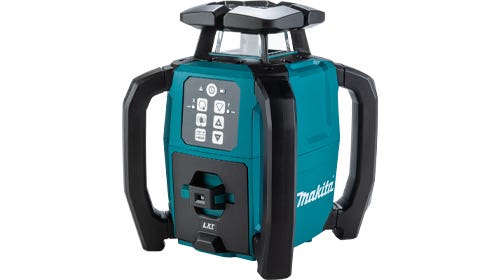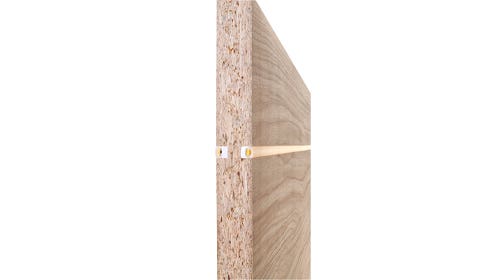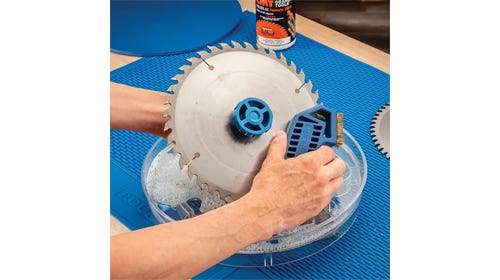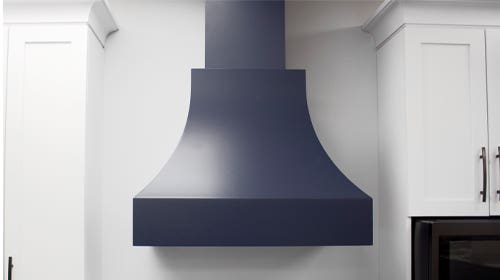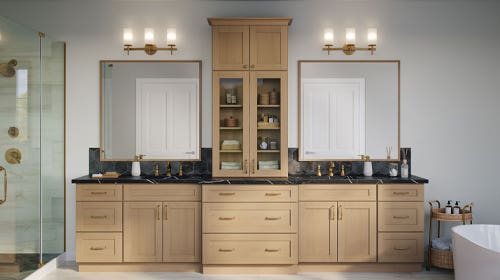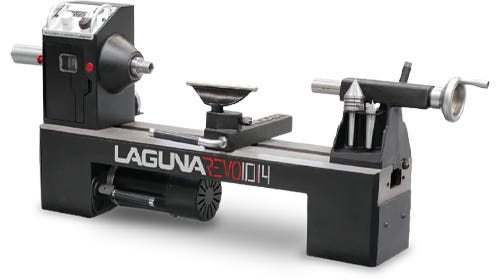Mahogany supplies shouldn’t diminish
Mahogany and other imported species haven’t been adversely affected by the COVID-19 pandemic, according to U.S. dealers. In the context of Honduran and African mahogany, there have been some dips…
Mahogany and other imported species haven’t been adversely affected by the COVID-19 pandemic, according to U.S. dealers. In the context of Honduran and African mahogany, there have been some dips in sales as well as delivery delays, but advanced purchasing practices have made it so supplies remain readily available.
“Our purchasing is pushed so far out, maybe six to nine months out. We’re dealing with rainy season and logging season and the country of origin. There are all these factors that come into play. We’re usually aware of the delays and with this whole COVID-19 it just adds one more layer to the delay. How much, we don’t know. It just really depends on the country of origin and how they’re impacted,” says Fabs Corte of Cormark Int., an importer and seller in Weaverville, N.C.
Corte predicts wide-ranging issues at ports will cause the bulk of delays for at least several months. His African mahogany supplier, for example, has already dealt with a lack of containers, new shipping routes, and offloading delays. Corte recently asked one of his Honduran mahogany suppliers to hold on to his next shipment for a few months.
“They were very receptive. A lot of these mills are used to working in a longer range. It’s not like you call up and two days later they’ve loaded a container and it’s on its way. Contracts are made, and it takes up to 90 days just to process them. So, in this case they understand the situation. Also, some of the countries in Central and South America, they are monitoring with the situation themselves and they are dealing with their own casualties from COVID-19, so they understand,” Corte says.
Doug Newman of Newman Lumber Co. in Gulfport, Miss. raises the issue of global uncertainty and says it’s contributing to lower sales right now, but on a positive note says availability of mahogany and other exotic supplies shouldn’t be too much of a concern.
“On the import side the biggest problem I’m facing is sales have fallen off. We’re purchasing six months to a year, sometimes a year and a half in advance. So, I’ve got material coming for the next year and a half based on what we were doing previously. That is probably the biggest challenge for us,” says Newman, who always keeps a year’s worth of inventory in stock.
“If this continues, and there are a lot of ifs, but if anybody’s worried about import species not being available moving forward, I don’t think that will be the case. I’ve got shipments booked all the way through July 2021, so it’s coming, it will be here. I don’t think there should be any irrational fear about there not being any exotic material.”
Newman is a supplier to Lou Irion of Irion Lumber in Wellsboro, Pa. Irion keeps mahogany in stock, particularly for period furniture makers, but says it’s not selling like it used to.
“I try to carry mahogany because it’s one of the period furniture woods and we’ve always had good sources for it. Our personal experience is that sales of mahogany for us are down significantly. It just seems that for our clientele it’s passed out of favor which is kind of funny because so much of the 18th century furniture had to be made out of mahogany and we’re not even seeing the serious hobbyists that we used to see. We haven’t abandoned it, it’s just not been a big seller for us,” says Irion.
In March, retail quotes for 4/4 FAS Honduran mahogany averaged about $14/bf, while 4/4 FAS African mahogany averaged about $8/bf.
This article originally appeared in the May 2020 issue.


